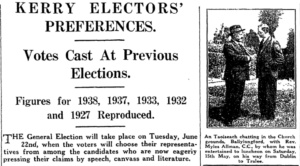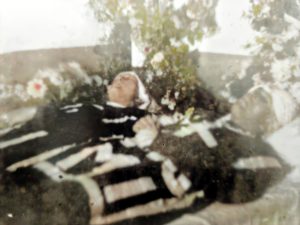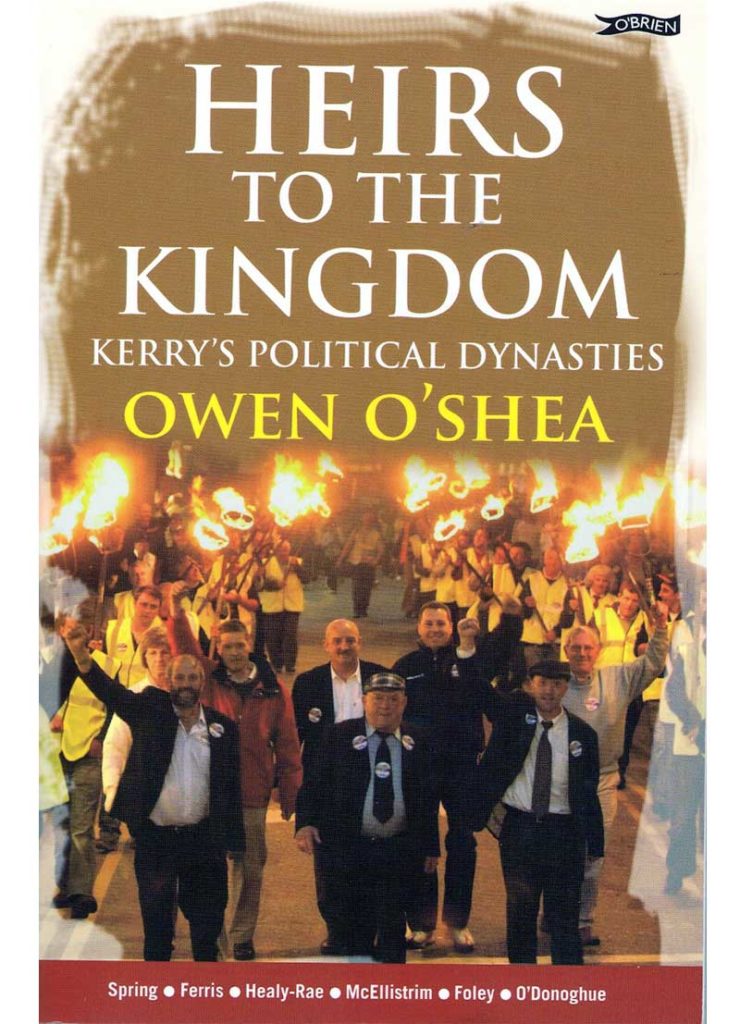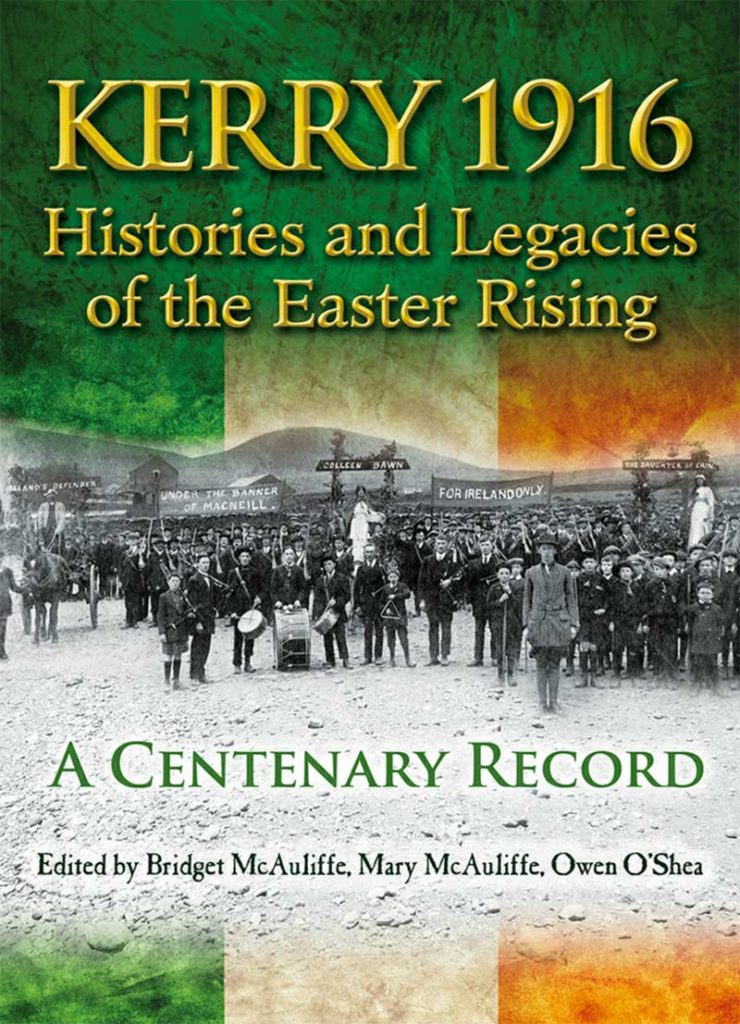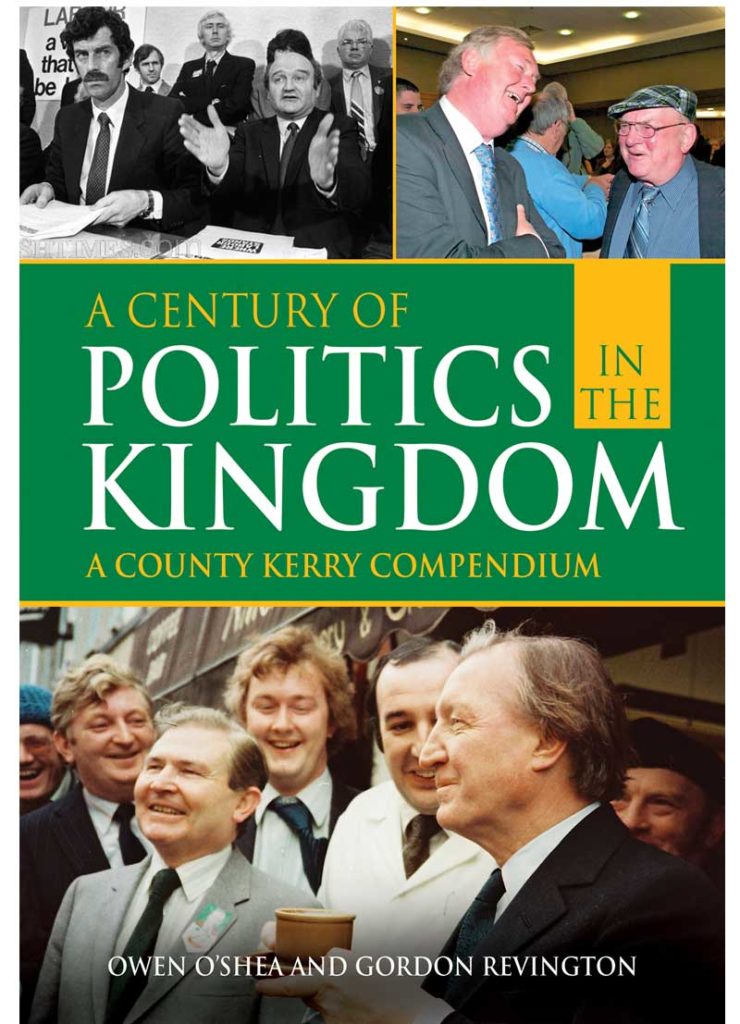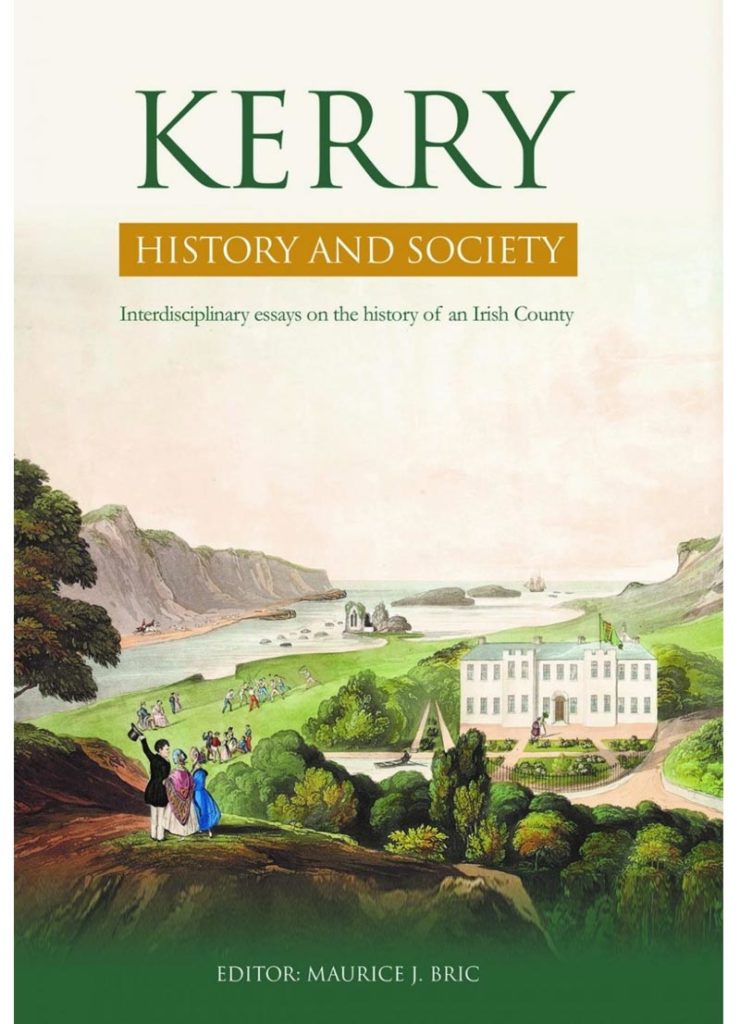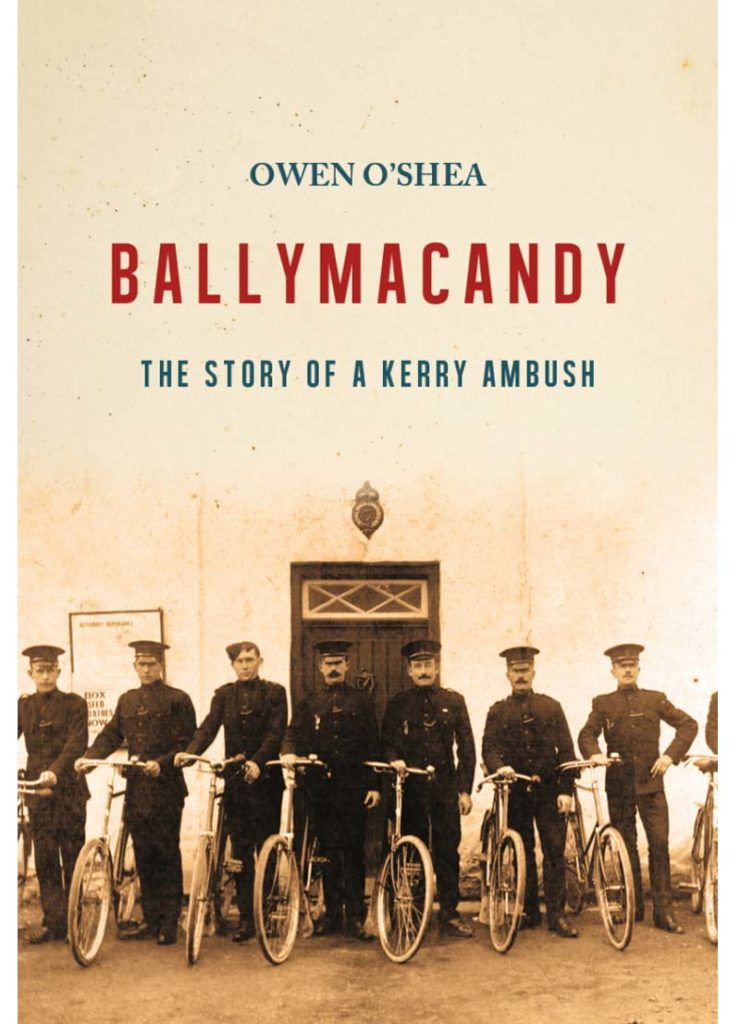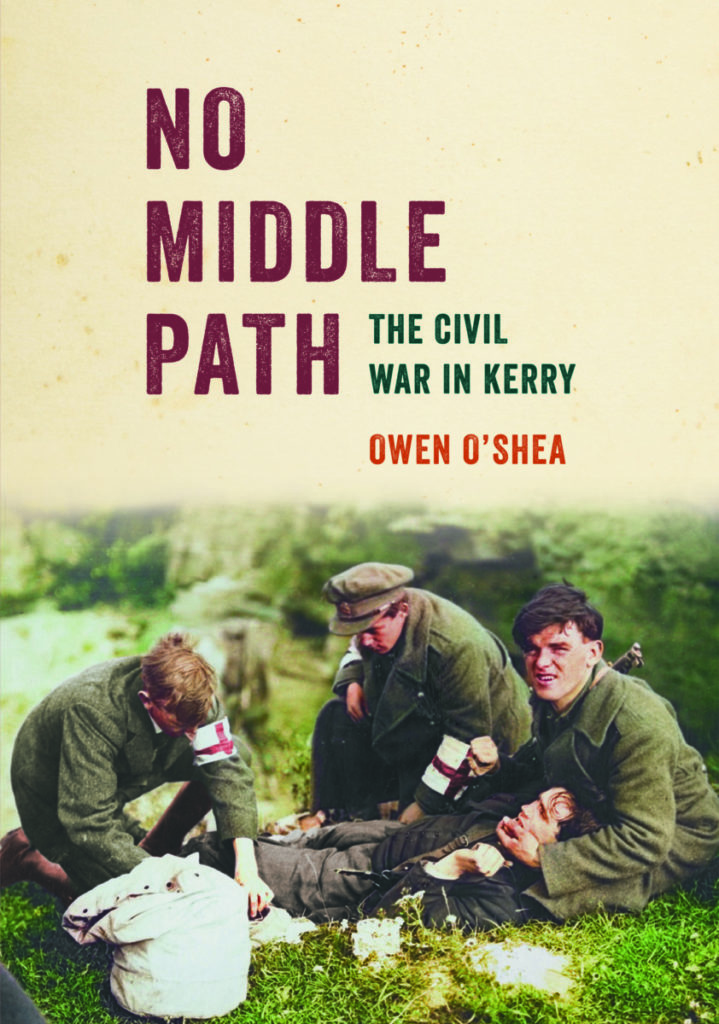Rosalie Rice worked as a sorting clerk and telegraphist at Kenmare Post Office when the Civil War began. She was a member of a family which was immersed in Irish republicanism.
In 1916, she sent the telegram to the Valentia Cable Station – where her cousins Timothy and Eugene Ring – which, in turn, was sent to the United States to alert Irish America that the Easter Rising had begun.
Rosalie’s brother, John Joe, was a senior officer in the Kerry IRA during the War of Independence and was later Officer Commanding the Kerry No. 2 Brigade of the Anti-Treaty IRA during the Civil War.
Rice was suspended for her job in the post office in October 1922 and was arrested two months later on suspicion of being ‘an active agent of the Irregulars’ and was detained in custody. A confidential report on her case which was prepared for the Executive Council, it was noted that ‘all her family are alleged to be Irregulars, including her mother.’
The authorities suspected that Rosalie had been ‘tampering with correspondence’ in the Post Office and would ‘need to be watched.’ An attempt was also made to have her transferred to another role with the postal service.
Rosalie denied ever having been a member of Cumann na mBan, and attributed her arrest to ‘jealousy and spite’ and claimed that General Paddy O’Daly recommended her reinstatement.
In January 1923, however, following her release from custody, the Kerry Command accepted that there was ‘no foundation for the charges’ made against her and they raised no objection about her return to employment with the Post Office.
The Department of Posts and Telegraphs also insisted that they had no evidence that Rice was interfering with the post.
Rice, another postal official wrote, had ‘conscientiously adhered to the declaration of fealty to the Provisional Government and to the Government of Saorstát Éireann.’
In 1925, the Executive Council accepted that Rice could be reinstated in her role but that a report on her conduct by submitted within one year. She succeeded in retaining the salary she had been denied while she was suspended.
The incident was evidence, if it were needed, that sometimes, merely a family connection with the anti-Treatyites was enough to allege wrongdoing and complicity.
Remarking on the case, an official in the Department of Posts and Telegraphs noted pithily that Rosalie Rice’s only sin appeared to be that she was related to Irregulars, ‘a circumstance which would apply to may unimpeachable Free State adherents.’
In summary, it might be concluded, that Rosalie Rice was suspended from her job, simply because she had the wrong surname.
Owen O’Shea’s new book, No Middle Path: The Civil War in Kerry is available now: No Middle Path: The Civil War in Kerry – Irish Academic Press




